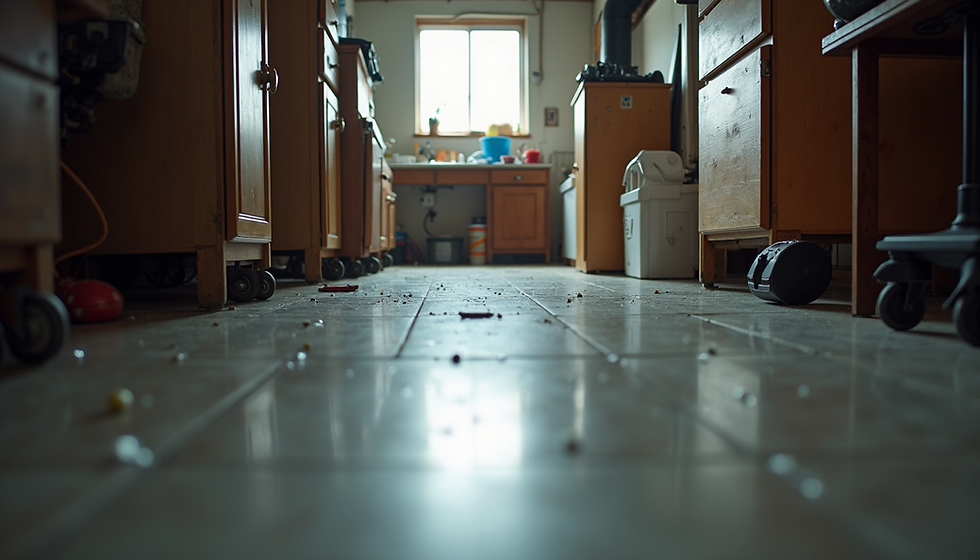Recycling and Upcycling: Significance of recycling and upcycling in the junk removal.
- Alphonso Horton

- Jun 7, 2023
- 2 min read
Updated: Apr 2, 2024
Recycling and upcycling are two powerful tools in the arsenal of sustainable waste management practices, particularly in the junk removal industry. The significance of these practices cannot be overstated. Recycling involves the transformation of waste materials into new products, reducing the demand for raw materials and minimizing environmental degradation. Upcycling, on the other hand, takes discarded items and repurposes them into higher-value creations, reducing waste and promoting creativity.
In the junk removal industry, recycling and upcycling offer numerous benefits. By implementing recycling programs, companies can divert a significant amount of waste from landfills, reducing the strain on these already overburdened sites. Instead of simply discarding items, these practices allow for the recovery and reuse of valuable materials, conserving natural resources and energy.
Furthermore, recycling and upcycling in the junk removal industry can contribute to job creation and economic growth. Recycling facilities and upcycling workshops require skilled workers to operate, thus generating employment opportunities. This not only supports local economies but also fosters a culture of environmental responsibility.
Beyond the environmental and economic advantages, recycling and upcycling also have positive social impacts. By promoting sustainable waste management practices, the junk removal industry can raise awareness among communities, encouraging individuals to adopt more eco-friendly habits. This can lead to a collective effort towards a greener future.
However, it is important to recognize that recycling and upcycling are not without challenges. Contamination of recyclable materials and lack of infrastructure for proper waste separation can hinder the recycling process. Additionally, upcycling requires creativity and innovation to transform discarded items into useful and aesthetically pleasing products.
To address these challenges, it is crucial for governments, businesses, and individuals to collaborate and invest in recycling and upcycling initiatives. Governments can implement policies and regulations to support and incentivize sustainable waste management practices. Businesses can explore partnerships with recycling facilities and upcycling workshops, ensuring that discarded items are properly managed. Individuals can actively participate by segregating their waste, supporting local recycling programs, and purchasing upcycled products.
In conclusion, recycling and upcycling are powerful tools that can revolutionize the junk removal industry and promote sustainable waste management practices. By embracing these practices, we can significantly reduce our impact on the environment, conserve valuable resources, and create a more sustainable future for generations to come. It is up to all of us to recognize the significance of recycling and upcycling and take action towards a cleaner and greener world.







Comments